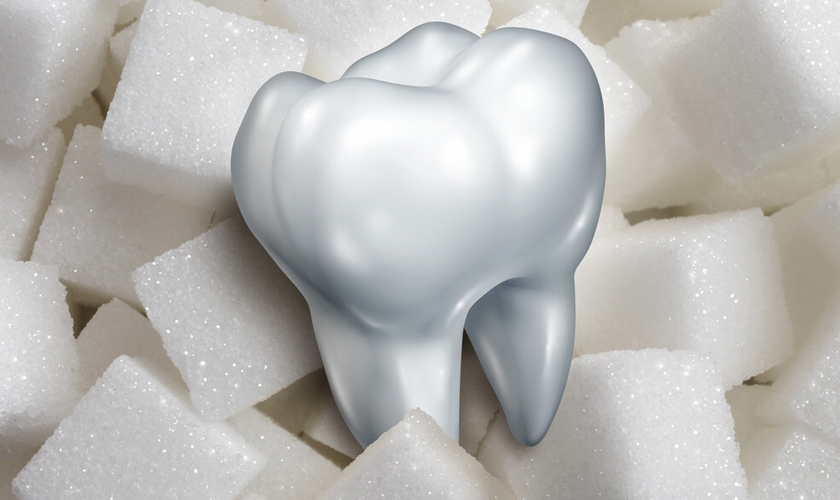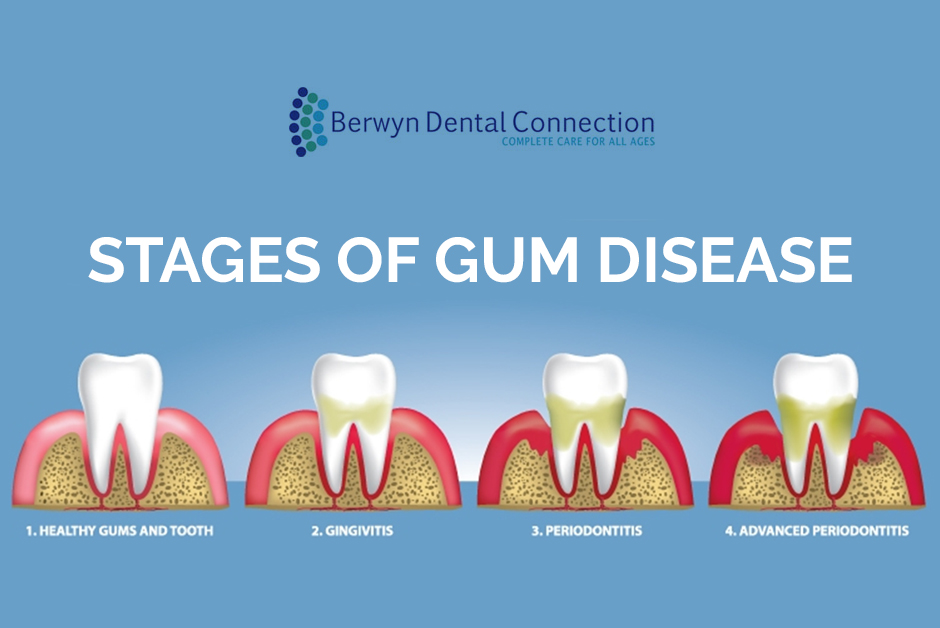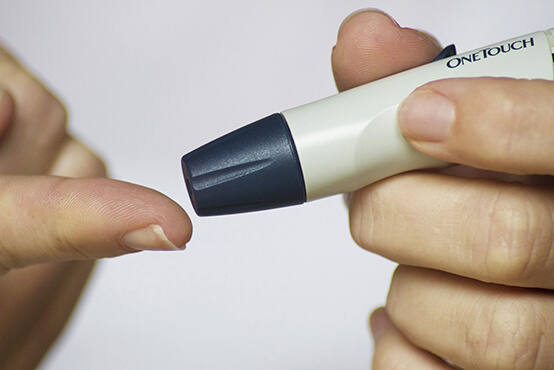The joyful prospect of celebratory feasts fills the air as Thanksgiving approaches. In the middle of the delectable fragrances and joyful mood, it’s critical to examine the influence of our festivities on an often-overlooked facet of well-being: our oral health. This article allows you to celebrate Thanksgiving while protecting your bright smile. Join us as we examine practical and pleasant techniques for preventing plaque and ensuring that your Thanksgiving feast is not just a celebration of your taste senses but also a toast to the health of your gums.
Tips For Preventing Thanksgiving Plaque
To protect your smile this Thanksgiving:
- Practice mindful eating.
- Chew food thoroughly, allowing saliva to cleanse your mouth naturally.
- Stay hydrated by sipping water between bites, promoting saliva production and washing away potential plaque.
- Choose teeth-friendly options like crunchy vegetables and phosphorus-rich turkey, enhancing oral health.
Maintain Hydration For Healthy Gums:
Before delving into the feast, it’s critical to understand the importance of water in keeping healthy gums. Water not only helps wash away food particles, but it also stimulates saliva production, which works as a natural plaque defense. Make a deliberate effort to keep hydrated during your Thanksgiving feast by drinking water between bites. This simple habit goes a long way towards reducing plaque build-up and preserving your gums from any injury.
Mindful Eating Practices:
Thanksgiving is frequently associated with an abundance of tasty meals, and it’s easy to get caught up in the celebrations. Adopting attentive eating habits, on the other hand, can greatly improve your oral health. Taking a moment to eat and relishing each bite. This not only assists digestion but also lowers the likelihood of plaque development. Additionally, avoid eating throughout the day to allow your saliva to naturally cleanse your mouth and promote a better environment for your gums.
Opt For Teeth-Friendly Choices:
While it may be tempting to eat all of the traditional Thanksgiving fare, consider including tooth-friendly options in your menu. Include crisp veggies like carrots and celery in your diet because they work as natural teeth cleaners by boosting saliva flow and washing away plaque. Turkey, a Thanksgiving favorite, is high in phosphorus and protein, which helps to strengthen teeth. You may still enjoy the flavors of the season while prioritizing your dental health by making informed decisions.
Post-Meal Dental Rituals:
Remember to prioritize your post-meal dental care procedures after the feast. Brushing and flossing are essential measures in reducing plaque build-up and preserving gum health. Brush your teeth within 30 minutes of eating to eliminate food particles and germs. If you don’t have a toothbrush, chewing sugar-free gum can assist in promoting saliva flow and aid in the cleaning process. These easy post-meal routines can make a big impact in keeping your smile healthy over the Thanksgiving season.
As the Thanksgiving feast comes to a close, consider how important it is to give gratitude not only for the delights of the season but also for the gift of a healthy smile. You’ve constructed a tapestry of thankfulness for your dental health by adopting thoughtful decisions and post-meal practices. Carry your beautiful grin ahead as you bask in the warmth of the season, knowing that with a bit of awareness, you’ve honored not only the bounty on your plate but also the vitality of your gums. Thank you for your healthy grins, and may the spirit of Thanksgiving stay in your heart and on your glowing face.
Best Wishes from Dentist in Berwyn, IL.





